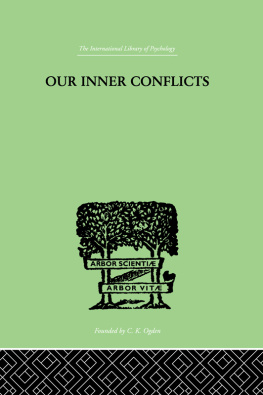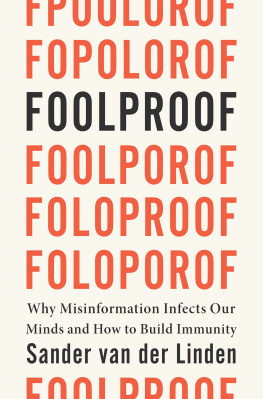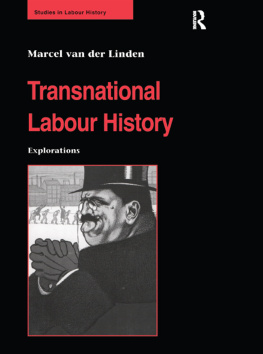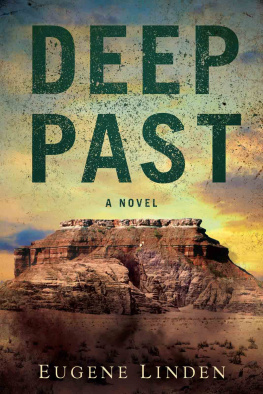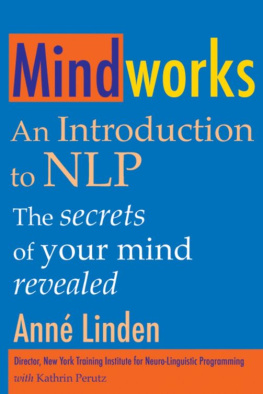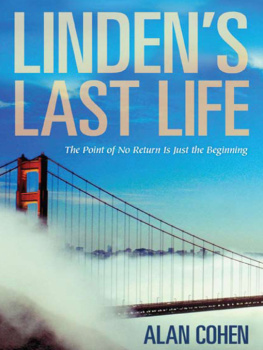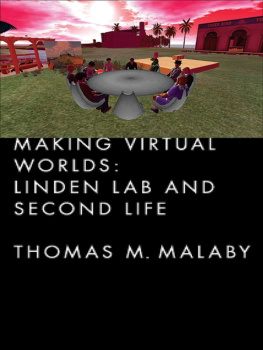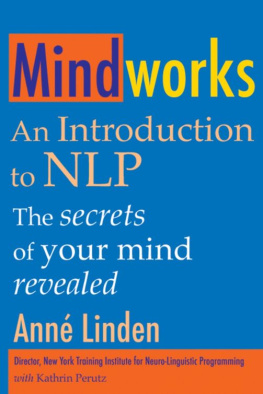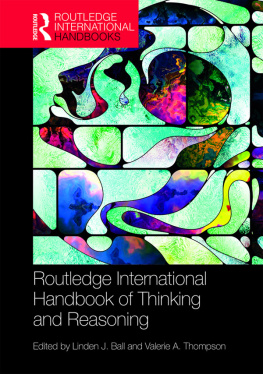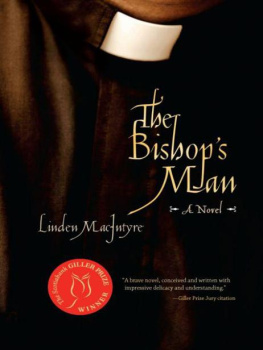Linden West - Our Inner Conflicts
Here you can read online Linden West - Our Inner Conflicts full text of the book (entire story) in english for free. Download pdf and epub, get meaning, cover and reviews about this ebook. publisher: Taylor & Francis (CAM), genre: Romance novel. Description of the work, (preface) as well as reviews are available. Best literature library LitArk.com created for fans of good reading and offers a wide selection of genres:
Romance novel
Science fiction
Adventure
Detective
Science
History
Home and family
Prose
Art
Politics
Computer
Non-fiction
Religion
Business
Children
Humor
Choose a favorite category and find really read worthwhile books. Enjoy immersion in the world of imagination, feel the emotions of the characters or learn something new for yourself, make an fascinating discovery.
- Book:Our Inner Conflicts
- Author:
- Publisher:Taylor & Francis (CAM)
- Genre:
- Rating:4 / 5
- Favourites:Add to favourites
- Your mark:
- 80
- 1
- 2
- 3
- 4
- 5
Our Inner Conflicts: summary, description and annotation
We offer to read an annotation, description, summary or preface (depends on what the author of the book "Our Inner Conflicts" wrote himself). If you haven't found the necessary information about the book — write in the comments, we will try to find it.
Our Inner Conflicts — read online for free the complete book (whole text) full work
Below is the text of the book, divided by pages. System saving the place of the last page read, allows you to conveniently read the book "Our Inner Conflicts" online for free, without having to search again every time where you left off. Put a bookmark, and you can go to the page where you finished reading at any time.
Font size:
Interval:
Bookmark:
The International Library of Psychology
OUR INNER CONFLICTS

Founded by C. K. Ogden
The International Library of Psychology
PSYCHOANALYSIS
In 28 Volumes
I | The Elements of Practical Psycho-Analysis | Bousfield |
II | A Neglected Complex and its Relation to Freudian Psychology | Bousfield |
III | The Omnipotent Self | Bousfield |
IV | The Social Basis of Consciousness | Burrow |
V | What is Psychoanalysis? | Coriat |
VI | The Psychoanalytic Theory of Neurosis | Fenichel |
VII | The Technique of Psycho-Analysis | Forsyth |
VIII | Leonardo da Vinci | Freud |
IX | Totem and Taboo | Freud |
X | Wit and its Relation to the Unconscious | Freud |
XI | Morbid Fears and Compulsions | Frink |
XII | Facts and Theories of Psychoanalysis | Hendrick |
XIII | Fathers or Sons? | Hopkins |
XIV | Neurosis and Human Growth | Homey |
XV | The Neurotic Personality of Our Time | Homey |
XVI | New Ways in Psychoanalysis | Homey |
XVII | Our Inner Conflicts | Homey |
XVIII | Self-Analysis | Homey |
XIX | Childhood and After | Isaacs |
XX | Social Development in Young Children | Isaacs |
XXI | Problems in Psychopathology | Mitchell |
XXII | The Psychoanalytic Method | Pfister |
XXIII | The Trauma of Birth | Rank |
XXIV | On the Bringing Up of Children | Rickman |
XXV | Conflict and Dream | Rivers |
XXVI | Psychoanalysis and Suggestion Therapy | Stekel |
XXVII | Psychoanalysis and Behaviour | Tridon |
XXVIII | Character and the Unconscious | van der Hoop |
OUR INNER CONFLICTS
A Constructive Theory of Neurosis
KAREN HORNEY

First published in 1946
by Routledge
Reprinted 1999, 2001 by Routledge
2 Park Square, Milton Park, Abingdon, Oxon, OX14 4RN
Transferred to Digital Printing 2007
1946 Karen Horney
Routledge is an imprint of the Taylor & Francis Group
All rights reserved. No part of this book may be reprinted or reproduced or utilized in any form or by any electronic, mechanical, or other means, now known or hereafter invented, including photocopying and recording, or in any information storage or retrieval system, without permission in writing from the publishers.
The publishers have made every effort to contact authors/copyright holders of the works reprinted in the International Library of Psychology.
This has not been possible in every case, however, and we would welcome correspondence from those individuals/companies we have been unable to trace.
These reprints are taken from original copies of each book. In many cases the condition of these originals is not perfect. The publisher has gone to great lengths to ensure the quality of these reprints, but wishes to point out that certain characteristics of the original copies will, of necessity, be apparent in reprints thereof.
British Library Cataloguing in Publication Data
A CIP catalogue record for this book is available from the British Library
Our Inner Conflicts
ISBN 0415-21098-4
Psychoanalysis: 28 Volumes
ISBN 0415-21132-8
The International Library of Psychology: 204 Volumes
ISBN 0415-19132-7
Contents
T HIS BOOK is dedicated to the advancement of psychoanalysis. It has grown out of my experience in analytical work with my patients and with myself. While the theory it presents evolved over a period of years, it was not until I undertook the preparation of a series of lectures under the auspices of the American Institute for Psychoanalysis that my ideas finally crystallized. The first of these, centering about the technical aspects of the subject, was entitled Problems of Psychoanalytical Technique (1943). The second series, which covered the problems dealt with here, was given in 1944 under the title Integration of Personality. Selected subjects Integration of Personality in Psychoanalytical Therapy, The Psychology of Detachment, and The Meaning of Sadistic Trendshave been presented at the Academy of Medicine and before the Association for the Advancement of Psychoanalysis.
It is my hope that the book will be useful to psychoanalysts who are seriously interested in improving our theory and therapy. I hope also that they will not only make the ideas presented here available to their patients but will apply them to themselves as well. Progress in psychoanalysis can only be made the hard way, by including ourselves and our difficulties. If we remain static and averse to change, our theories are bound to become barren and dogmatic.
I am convinced, however, that any book that goes beyond the range of merely technical matters or abstract psychological theory should benefit also all those who want to know themselves and have not given up struggling for their own growth. Most of us who live in this difficult civilization are caught in the conflicts described here and need all the help we can get. Though severe neuroses belong in the hands of experts, I still believe that with untiring effort we can ourselves go a long way toward disentangling our own conflicts.
My prime gratitude belongs to my patients who, in our work together, have given me a better understanding of neurosis. I am also indebted to my colleagues who have encouraged my work by their interest and sympathetic understanding. I refer not only to my older colleagues but also to the younger ones, trained in our Institute, whose critical discussions have been stimulating and fruitful.
I want to mention three persons outside the field of psychoanalysis who in their own particular ways have given me support in the furtherance of my work. It was Dr. Alvin Johnson who gave me the opportunity to present my ideas at the New School for Social Research at a time when classical Freudian analysis was the only recognized school of analytical theory and practice. More especially I am indebted to Clara Mayer, Dean of the School of Philosophy and Liberal Arts of the New School for Social Research. By her continued personal interest she has encouraged me, year after year, to offer for discussion whatever new findings were garnered from my analytical work. And then there is my publisher, W. W. Norton, whose helpful advice has led to many improvements in my books. Last but not least, I want to express my appreciation to Minette Kuhn who has helped me greatly toward a better organization of the material and a clearer formulation of my ideas.
Next pageFont size:
Interval:
Bookmark:
Similar books «Our Inner Conflicts»
Look at similar books to Our Inner Conflicts. We have selected literature similar in name and meaning in the hope of providing readers with more options to find new, interesting, not yet read works.
Discussion, reviews of the book Our Inner Conflicts and just readers' own opinions. Leave your comments, write what you think about the work, its meaning or the main characters. Specify what exactly you liked and what you didn't like, and why you think so.

